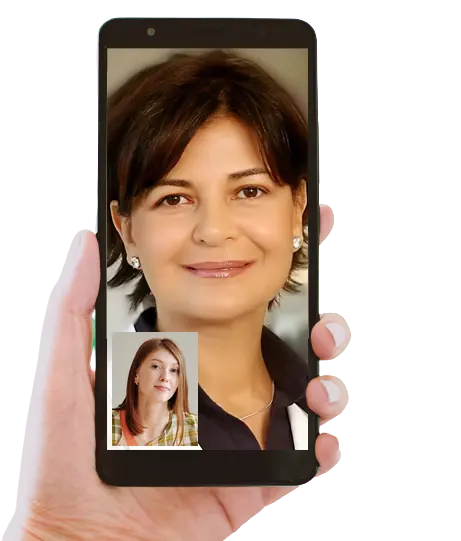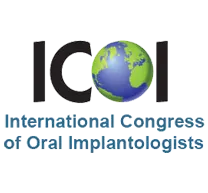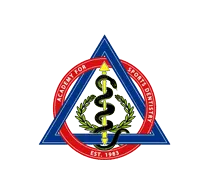Dental Patient Education in Lake Forest, CA
At Lifetime Dental & Fastbraces, we value your active participation in your health journey. We take the time to listen to your concerns and explain various options, enabling you to make well-informed decisions about your dental care and remain engaged in the process.
We promote open communication between our dental professionals and patients. While we may use medical terms, we strive to communicate clearly and avoid technical jargon. If we use unfamiliar terms, please feel free to ask for clarification. We believe that enhancing patient understanding leads to healthier smiles..
Here are some common questions about dental care. Take a moment to review them, and don't hesitate to contact us if you need more information on any topic.
Why do I need to see the dentist twice a year?
Regular dental visits are crucial because our oral conditions continually change based on our dietary habits, age, and more. Regular checkups help detect potential issues before they escalate. Notably, many dental problems don't manifest obvious symptoms early on. Dentists possess the expertise and advanced tools to perform thorough oral health examinations, surpassing what patients can achieve independently..
Not everyone requires biannual visits; some individuals might need more frequent appointments. Depending on your oral health status, the dentist will recommend the appropriate visit frequency. Some patients, especially those with gum disease, may require appointments every 3 or 4 months. If the dentist suggests more frequent visits, rest assured that this advice aims to ensure your long-term well-being.
Regular visits are vital for maintaining strong, clean, and bright teeth, as well as fresh breath. Dental hygienists can remove stains that daily brushing, flossing, and at-home whitening treatments cannot. Moreover, we're delighted to provide you with refresher guidance on the best practices for your oral hygiene routine at home.
How Often Should I Brush and Floss?
Brush your teeth twice daily and floss at least once daily. Many people brush upon waking and before sleeping, with the option of an extra brushing after lunch. While brushing, allocate a full two minutes, ensuring you reach all sides of your upper and lower teeth, including the biting surfaces. For flossing, use a piece roughly the length of your arm, utilizing a clean two inches for each tooth to prevent cross-contamination. If you desire a demonstration of proper brushing and flossing techniques, don't hesitate to ask the dentist or hygienist during your visit.
I've heard I don't really need to floss. Is that true?
Don't believe everything your hear in the news. It's true that more studies are needed to solidify the connection between flossing & various effects on your oral health. But that doesn't mean flossing is ineffective, it just means we need to know more. To us, the idea of not ever cleaning plaque & food out from between your teeth is scary, not to mention gross! Why would you want all that nasty stuff hiding away somewhere in your mouth, feeding bacteria & causing bad breath? You still need to floss everyday!
I've Heard Flossing Isn't Necessary. Is That True?
Don't be swayed by all sources; not everything in the news is accurate. While further research is needed to confirm the precise effects of flossing on oral health, it doesn't mean flossing is ineffective. There is more to discover. The idea of neglecting to clean out plaque and food particles between your teeth raises concerns—allowing such debris to linger feeds bacteria, causing bad breath and promoting oral health issues. Therefore, daily flossing remains essential.
I'm Diligent About Brushing and Flossing Daily. Do I Still Need a Hygienist's Cleaning?
Absolutely! Some persistent debris is resistant to even the most thorough brushing and flossing. This is especially true for tartar, a hard substance that forms from unremoved plaque. Professional scaling and polishing by a hygienist can enhance the appearance of your smile by eliminating stains. Furthermore, polished teeth are smoother and less conducive to bacterial attachment, augmenting the effectiveness of your home care regimen.
What Causes Cavities?
While we often attribute cavities to consuming excessive candy, the process is more complex. Sugar acts as fuel for decay, and it's not solely derived from sugary foods. Enzymes in saliva break down carbohydrates into sugars. Bacteria in your mouth consume these sugars, producing acid waste unless removed through brushing or flossing. This acid corrodes tooth enamel and the underlying dentin, leading to cavities and decay.
When Should Children Start Visiting a Dentist?
Children should see a dentist when their first tooth emerges or by age 1, whichever comes first. This doesn't imply neglecting your baby's oral health before then. After feeding, gently clean your baby's gums with a damp washcloth. For more advice on caring for your baby's oral health, consult your pediatrician or our team.
I Feel Anxious About Dental Visits. What Should I Do?
Speak up! Your comfort is essential. Nervousness at the dentist is common, so don't feel ashamed. Informing us about your apprehension helps us prepare adequately for your appointment. We can tailor our approach to make you more comfortable. This might involve a slower pace and detailed explanations at each step. We can establish a communication system to signal discomfort or the need for a break. In some cases, sedation is available and open for discussion.
Working together is key to alleviating your nervousness. We aim to create a welcoming, pleasant atmosphere in our office. A more relaxed and inviting environment translates to better oral health care for you now and in the future. If you have suggestions for enhancing your experience, don't hesitate to share them. Rest assured, you're not the first to express these concerns.
More Patient Education
- Advanced Technology
- Digital X-Rays
- Dry Mouth
- Early Cavity Detection
- Intraoral Camera
- Laser Dentistry
- Local Anesthesia
- Oral Cancer Screening
- Patient Safety & Sterilization
Please reach out if you seek further insights on any of these topics.





